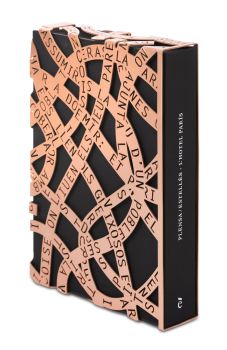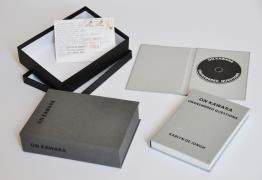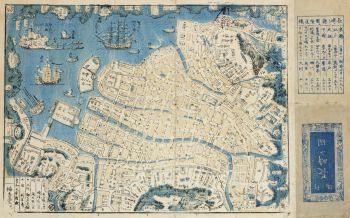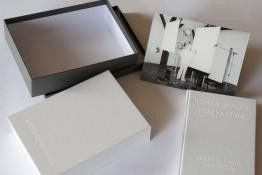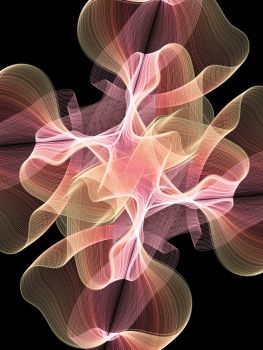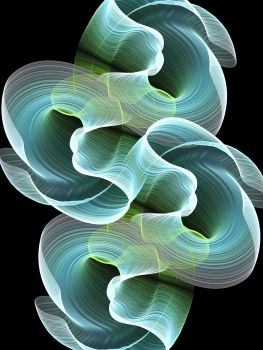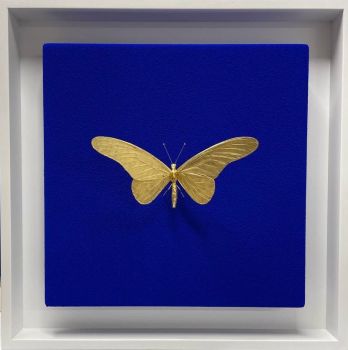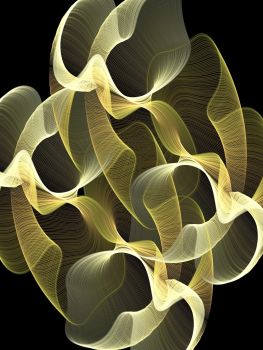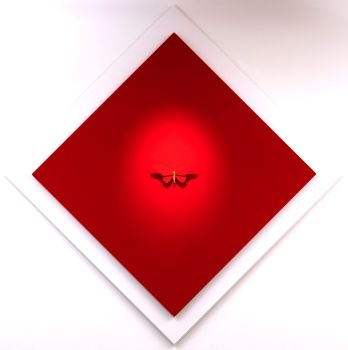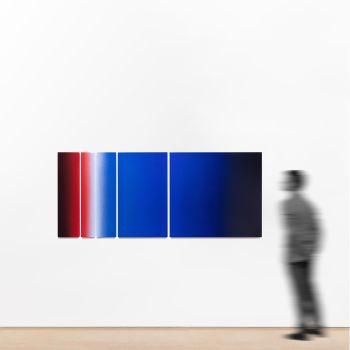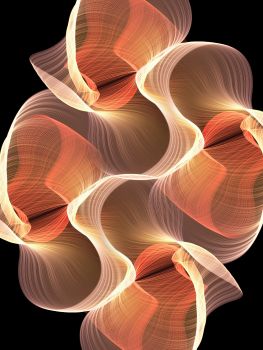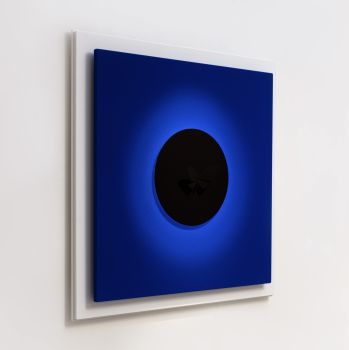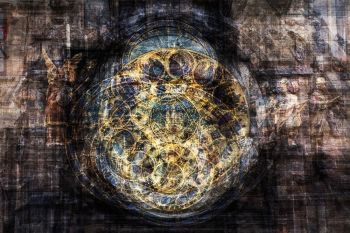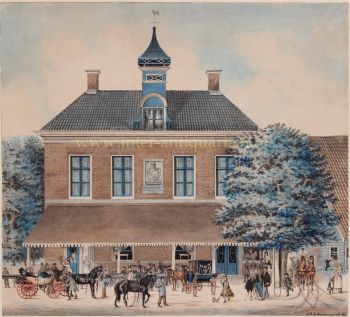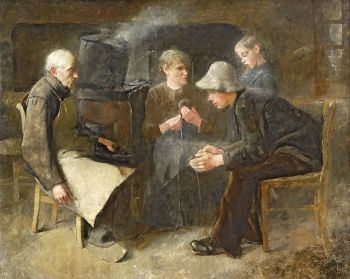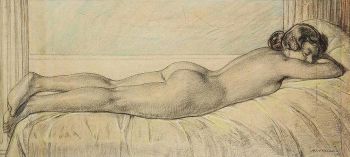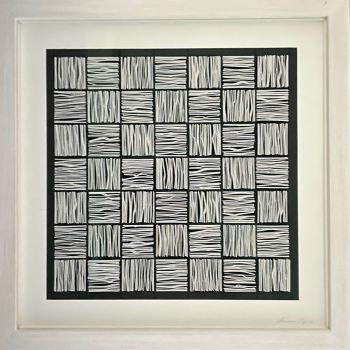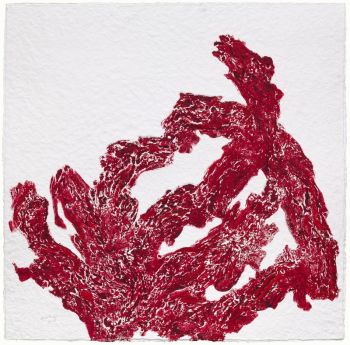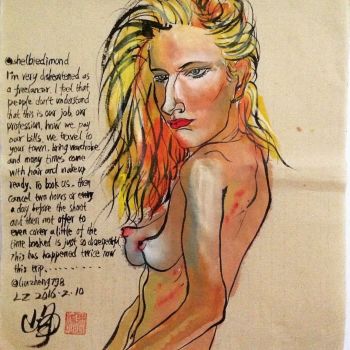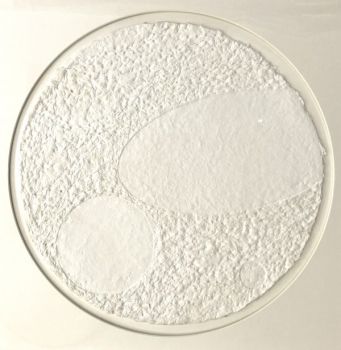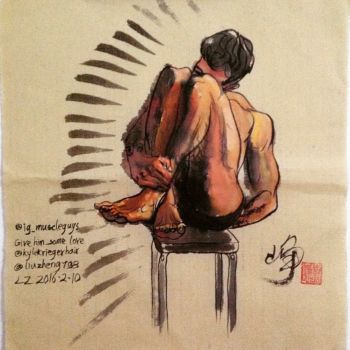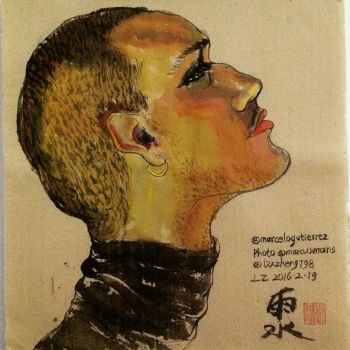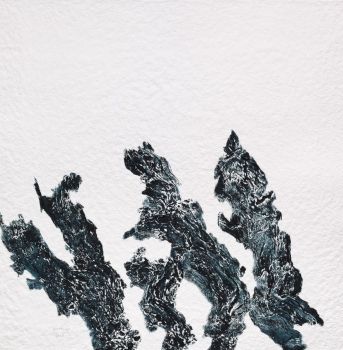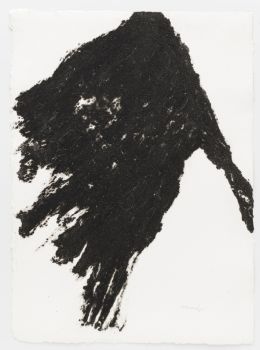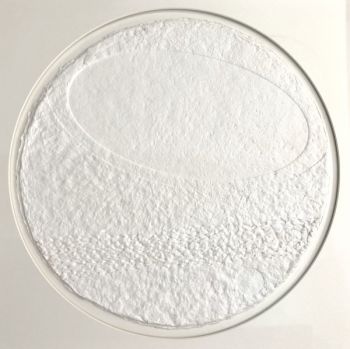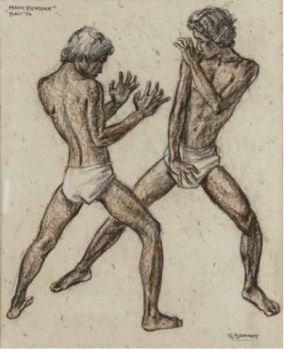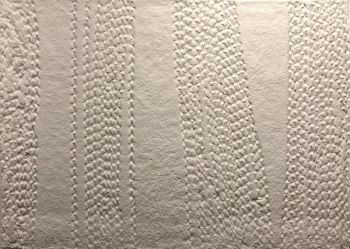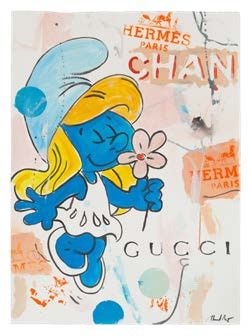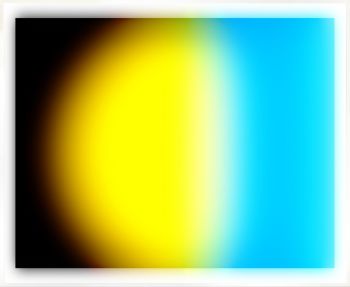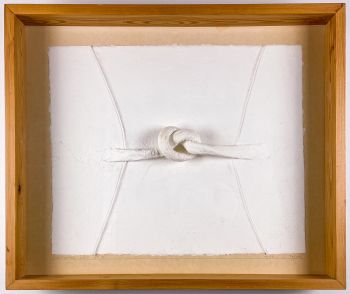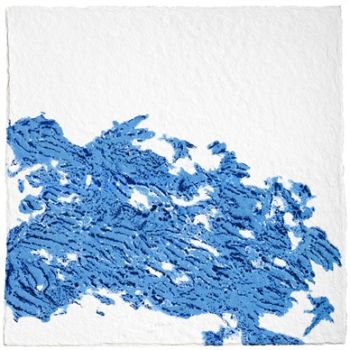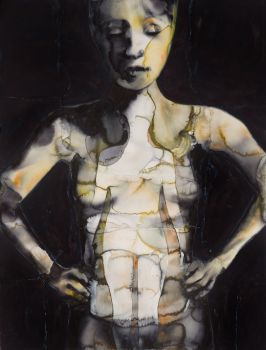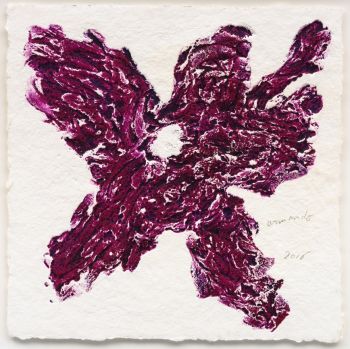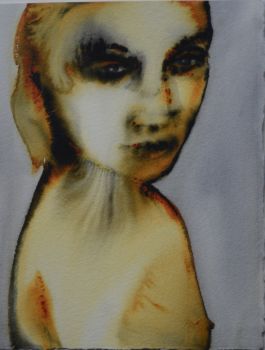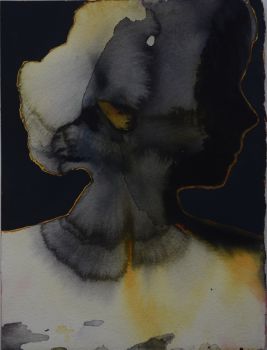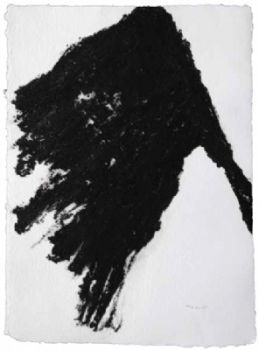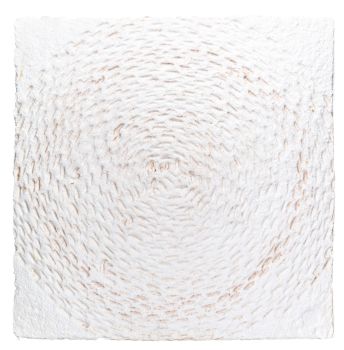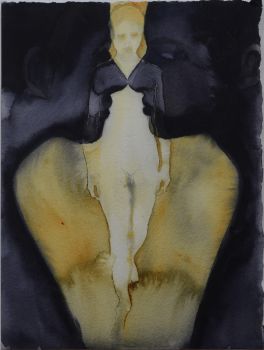"Dioscorides was held in great esteem by all the physicians and scholars in the Islamic period" 1550
Pedanius Dioscorides
PapelPapel hecho a manoCuero
Actualmente no disponible a través de Gallerease
- Sobre la obra de arteDIOSCORIDES, Pedanius.
De medica materia libri sex, Ioanne Ruellio Suessionensi interprete.
Venice, Domenico Giglio, 1550.
16mo. Contemporary limp sheepskin parchment.
First Venice edition of a medical work by the Greek physician and pharmacologist Pedanius Dioscorides (c. 40-90), translated by the French physician Jean Ruel. His De materia medica, an encyclopedic work on herbal medicine, was his fundamental work, and can be seen as the precursor of the many later pharmacopoeias. As a Greek in the service of the Roman Empire, he assembled all that was then known concerning the medicinal uses of plants, animals and minerals, adding information from his own experience accompanying the Roman army to Spain, the Middle East, North Africa and elsewhere, where he came to know many Persian, Indian and other exotic medicines.
With the bookplate of Kenneth K. Mackenzie (dated october 1934) on verso side of last blank page and a library stamp on pastedown. First and last few leaves with marginal waterstain, minor browning and some occasional spots. Binding slightly damaged on spine, but overall a very good copy.
Durling 1154; USTC 827015; not in Adams; cf. Garrison, p. 109. - Sobre el artistaPedanius Dioscorides (Πεδάνιος Διοσκουρίδης) fue un médico, farmacólogo y botánico de la antigua Grecia que fue famoso por escribir su obra De Materia Medica en cinco volúmenes. En el siglo II a. C., Dioscórides señaló: "El plomo hace que la mente ceda". La obra magna De Materia Medica de Dioscórides tuvo un tremendo impacto en la toxicología. Identificó las propiedades farmacológicas, los efectos curativos y la composición estructural (lo mejor que pudo) de más de cien plantas previamente desconocidas para los médicos romanos y griegos. También habló sobre más de 500 plantas conocidas que probablemente fueron descubiertas durante las conquistas militares de Alejandro Magno. Hasta el siglo XVII, Dioscórides fue la principal fuente de hierbas medicinales y farmacología vegetal. Una versión traducida se reimprimió en 1933 y sigue siendo una valiosa fuente de información sobre diferentes remedios naturales. Dioscórides fue un médico, farmacólogo y botánico griego antiguo que ejerció en Roma en la época de Nerón. Tuvo la oportunidad de viajar mucho en busca de sustancias medicinales de todo el mundo romano y griego. Ganó fama por escribir su obra De Materia Medicina en cinco volúmenes. El libro, además de convertirse en una de las obras más influyentes sobre el uso de hierbas en la historia, se convirtió en un precursor de todas las farmacopeas modernas. En él, Dioscórides cataloga las diferentes hierbas y técnicas utilizadas por los griegos, romanos y otras culturas que estudió. El libro siguió siendo la fuente fundamental de información sobre la medicina herbal hasta 1600.
Artwork details
Categoría
Tema
Material y Técnica
Related artworks
Tilmanus Nicolaus Maastricht
Missale Romanum con monturas de plata holandesas1788 - 1792
Precio a consultarJacob J. Roosjen SRI
Engelbert Kaempfer
LIBRO DE ENGELBERT KAEMPFER1651 - 1716
Precio a consultarZebregs & Röell - Fine Art - Antiques
Antonie Derkinderen
Memory book Exhibition of Dutch Painting1892
Precio a consultarKunsthandel Pygmalion
Yoko Ono
YOKO ONO: "ARISING" SIGNED BOOK PLUS SMALL ARTWORK 2010 - 2014
Precio a consultarGallerease Selected
LAWRENCE WEINER
"SKIMMING THE WATER [MENAGE A QUATRE]" Signed book plus small artwork2010 - 2014
Precio a consultarGallerease Selected
Hermann Nitsch
"UNDER MY SKIN" Signed book incl. small artwork and DVD in a matching box2010 - 2014
Precio a consultarGallerease Selected
1 - 4 / 22- 1 - 4 / 24
- 1 - 4 / 24

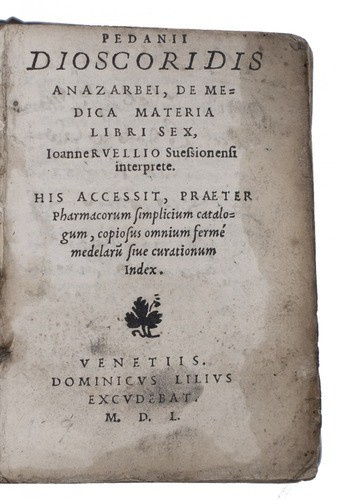





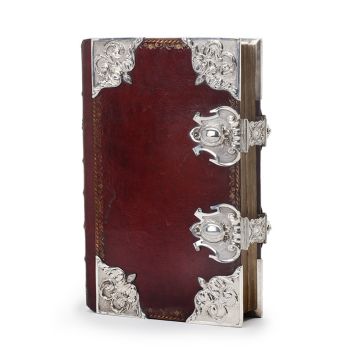
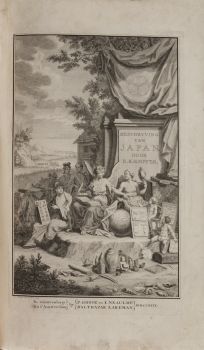
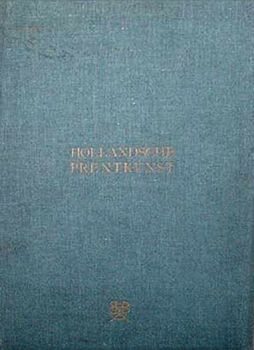
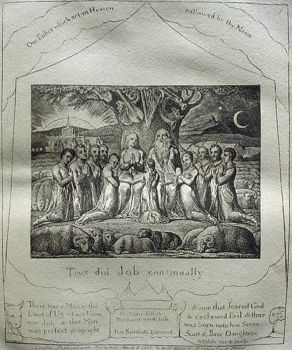
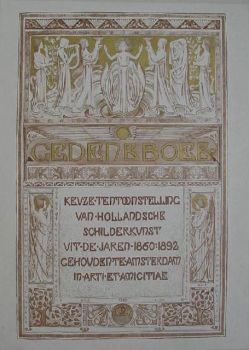
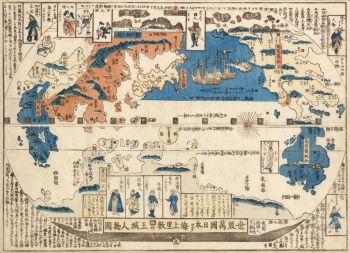
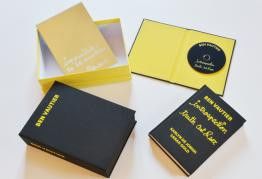
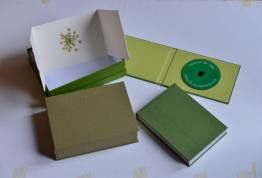
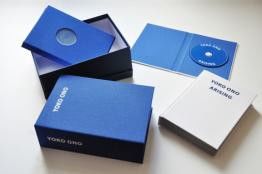
!["SKIMMING THE WATER [MENAGE A QUATRE]" Signed book plus small artwork by LAWRENCE WEINER](https://media-2.gallerease.com/images/442bfd5f-fc31-4e18-a2fa-ee0c08eade64/350x350/skimming-the-water-menage-a-quatre-signed-book-plus-small-artwork.jpg)

